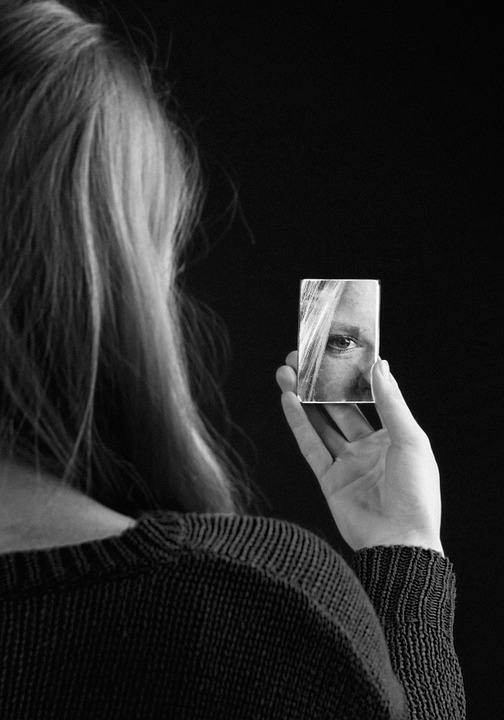I will not engage in any tiresome practices like manipulation.
But isn’t fighting against manipulation, refusing to be manipulated, “taking up arms against a sea of troubles”, just engaging with it all the same? To fight against a thing is to admit that it is real.
And that is why you must defend not yourself. When you reflexively defend yourself, you are admitting that the claim they are making against you is real. That it deserves your giving time and devoting attention to refuting it. You are taking the claim against you seriously. Who are you defending? What are you afraid of?
It always comes back to fear. Every negative feeling-state that you experience is the apparition of some fear you have on a deep level, maybe not recognized by conscious you.
Do you see now how fear leads to guilt which leads you to defend yourself like a Pavlovian dog? Fear is ruling your world. But you must call it out, whenever you see it, in all its guises. When you are accused of anything, realize it is you who accuse yourself with your attention. You can ask: what do I accuse myself of? You can identify the fear. A few minutes is more than sufficient if you are honest in your desire to stop playing games.
They accuse me of being vindictive, but it is I who see vindictiveness in them. They accuse me of being a hypocrite, but they are hypocrites themselves.
Ask instead: what am I choosing to see?
Defend not yourself
It is always easy to see the faults in other people. That’s basic. Even the sinner does this easily; in other words, everyone. But isn’t it only proof of your propensity to see fault in other people? And why are you so motivated to find fault? Why would you try so hard to put other people down? It can only be to make yourself feel better. If they are vindictive and you notice it, it can only be so that you, by contrast, can feel the opposite. If you find them boring, it can only be because you need to make yourself better than them in some way.
But call it out, this impulse to find fault in others. It can be a simple reminder, such as, “There I go again, finding fault in others, blaming. Stop. Just because. Blaming never solved anything.” Don’t be tempted to engage in mental court cases. You are not in a courtroom.
Defend not yourself
Don’t tell a story: give facts. Every time you find yourself rehearsing or replaying an interaction, it is another manifestation of fear. By fashioning a narrative of events, you are fashioning a persona for yourself. Depending on the audience, you may want to project yourself as smart, knowledgeable, sophisticated, any one of a number of attributes you lust after because you think you are not already perfect.
When you see how you are using your interactions to portray yourself one way or another, you will easily stop this practice.
Defend not yourself
When you are asked a question, or required to give a version of events, stick to what two independent observers could agree on. This happened and then this happened. Think about how it would appear to an outsider. This steers you away from adjectives, which are judgments: unreasonable, petty, irresponsible, selfish, jealous, and so on. All effective tools of the ego.
If you stick to relating facts about a situation, your discussions will not collapse, or get distracted, and will always achieve their objectives.
Who would not want this?
Stop trying to get the best for yourself in any situation. To do so implies that something could not be perfect. Whenever you see or make differences in people, you are affirming the notion that some people are better than others. Stop. You are blowing bubbles, playing with shadows; it is all a mirage, a cloud, a chiaroscuro of effects.
Come to what is real









